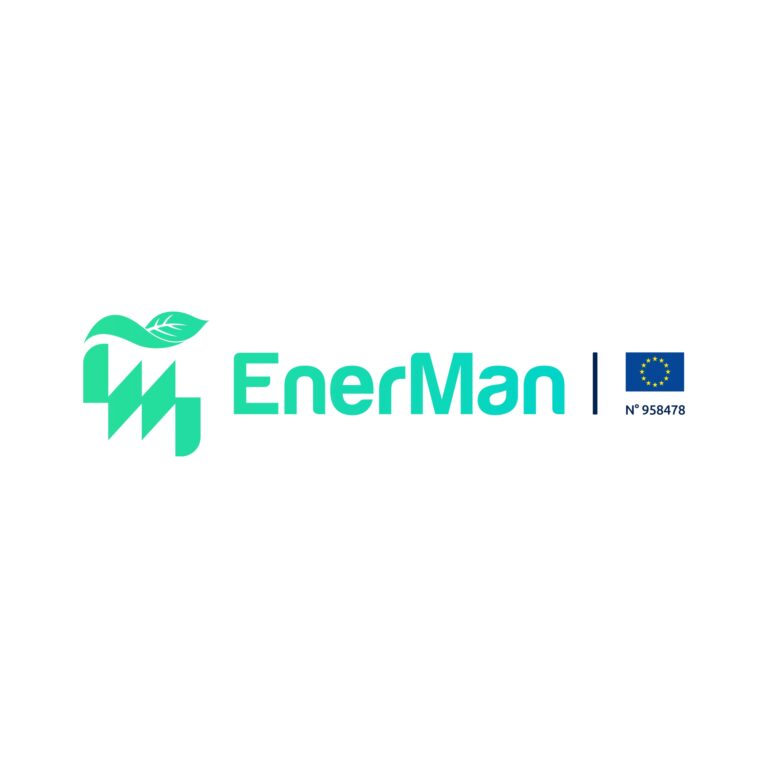The Future of Computing Blog – A Crossover Episode
Crossover episodes are widely known and popular in TV shows – one character of a show suddenly shows up in another TV show, for example, Family Guy’s Peter Griffin in the Simpson’s Springfield.
Today’s newsletter edition is also a crossover episode, as we talk to Benjamin Wolba, author of the Future of Computing blog. It features interviews with founders and industry experts working on computing innovations several times a week – from novel AI chips to quantum computers and photonic chip interconnects.
Why Did You Start a Blog About Computing?
I wanted to write a blog for a long time because I like writing, and I have been writing two books about education in Germany. However, a book is always quite a large and monolithic endeavor. I wanted something more low-threshold that I could pursue over time. So, in 2021, I started my first blog, writing randomly about all the topics I was interested in. I had a few dozen friends subscribe, but the project went nowhere. I figured no one was interested in exactly the same topics as I was – and that I had to focus. But I didn’t know on which topic.
The idea for a computing blog came up when I joined the venture capital firm Lunar Ventures as an associate in 2022. Lunar’s main focus is investing at a very early stage in ‘computer science moonshots,’ startups developing software infrastructure and other computing-related innovations. I started learning a ton about startups and how they were shaping the future of computing – and then it clicked: maybe I could write a blog interviewing the startups shaping the future of computing.
The blog gave me an excuse to talk to founders even beyond the scope of my VC job: founders who had already successfully fundraised, who were too late for us to invest, but who had gathered a lot of experience and had many interesting stories to tell. I started covering startups, their founding story and technology, and eventually broadened the scope to industry experts, interviewing them about everything related to computing: From AI, cloud, and novel algorithms all the way to quantum, optical, and neuromorphic computing and all kinds of exotic novel computing hardware.
As a physicist, quantum computing was particularly dear to me. I had never been directly involved with quantum research, but I found it quite exciting: The quantum world is so fundamentally different from our everyday experience that you can’t use common sense to understand it. That is also what made quantum computing fascinating – using quantum effects to solve computational problems, and potentially some specific ones that classical computers will never be able to solve.
How Do Quantum Computers Work?
Let me give you an analogy: Classical computing is like crossing land – you can build roads and replace horse carriages with racing cars that go faster, but you are still only crossing land. You cannot use a car to go to the moon. Space travel is a fundamentally different problem than crossing land, so you must build a rocket. Quantum computing is the equivalent of that in the world of computing.
Intuitively, it makes sense to use a quantum system – that is, a quantum computer – to understand another quantum system, especially since quantum systems are notoriously tricky to model and understand using classical methods.
But there is also rigorous proof that quantum computers can solve some computational problems that classical computers will never be able to solve. A series of academic papers in the 1990s and early 2000s established a handful of quantum algorithms that solve some problems much faster, exponentially faster, than any classical algorithm.
The reason is that using quantum effects, such as superposition and entanglements, for computing leads to a different math. Quantum bits, in short qubits, can be in two states, zero and one, at the same time. Unlike bits, which are either zero or one, qubits can be in both states simultaneously. Don’t worry if this doesn’t make sense to you – quantum physics does not conform to common sense. The world just looks very different at a microscopic level.
Let’s look at some examples where quantum computers may outsmart supercomputers:
Example #1: Cracking Encryption
Peter Shor demonstrated that you can do prime number factorization exponentially faster on a quantum computer. This is relevant because encryption methods, like RSA, based on prime number factorization are widely used online – from email to online shopping. Their security stems from the assumption that factoring huge numbers into prime numbers is computationally extremely hard. But if quantum computers could do this quickly, they may be able to break encryption and become a security threat. Spoiler: We’re still very far away from this because it takes an error-free quantum computer with many millions of qubits.
Example #2: Cracking Material Science
The most reasonable applications for quantum computing in the next five to ten years will be in chemistry. This goes back to the idea that you can use a quantum system to simulate another quantum system, such as a molecule or a crystal. Classical computational modeling relies on approximations, which work well for some classes of molecules and materials, but they break down for others. Quantum computing could simulate and understand these as they are inherently quantum, which may allow for more efficient solar cells or better catalysts for green hydrogen production.
Are Quantum Computers More Energy Efficient?
For some computational problems, especially in chemistry, I expect quantum computers will need less energy to reach the same or even better accuracy in solving these. That is exactly because classical approximation methods may converge very slowly and inefficiently, yielding diminishing improvements when spending more compute resources. Quantum computers may be able to reach a solution for some of these problems more straightforwardly and may thus use less energy.
But let’s face it: quantum computers are not designed to save energy per se. And even if they would save energy, this would likely lead to rebound effects – known as the Jevons paradox in this context – and the overall energy consumption may even increase if the demand for a more energy-efficient compute solution rises faster than the efficiency gain. There will never be enough compute, so my guess is that people will spend the same or an even greater amount of energy to solve even more computational problems.
What Are the Main Challenges for Quantum Computing?
Quantum computers are not yet commercially viable, i.e., at least for now, you don’t get any benefit from using a quantum computer. Supercomputers are still more powerful and cost-efficient to address any application people had in mind for quantum computers.
The main reason for this is that quantum computers are still too error-prone. Quantum algorithms, like Shor’s algorithm, represent an abstract model of a computation on an error-free quantum computer. Yet, this abstract model needs to be implemented using actual physical hardware, which today is prone to noise and, thus, errors.
When a quantum algorithm demands to flip the qubit’s state by 180 degrees, in practice, this may mean, for example, sending a microwave pulse to flip the spin of an electron or superconducting qubit. Yet, due to noise, it may not be perfectly 180 degrees but just 179 degrees. There’s a deviation between what the abstract model of the quantum computation demanded (a 180-degree flip) and what the practical implementation on actual quantum hardware could achieve (a rotation by 179 degrees). Throughout a quantum computation, these deviations add up and lead to errors that eventually spoil the calculation result. We need to minimize and correct these errors for quantum computers to become powerful and able to solve commercially valuable problems.
In Your Opinion, What Are the Prospects for Quantum Computing?
Quantum computing is an exciting and fast-moving research field still ahead of its ChatGPT moment. Around 2017, some people knew that AI would change the world, but those were researchers working on language models without any direct applications. The situation is similar today in quantum computing. Researchers have an idea of what quantum computers may be useful for in the future, and they are working on quantum error correction, but it will still take time to get there.
Also, I wonder if there will be a ChatGPT moment after all. ChatGPT made the general public realize the potential of large language models because people could play with them through the chat and experience their power for everyday use, such as writing an email. Quantum computers will likely have no use for everyday problems like writing emails, gaming, or browsing the internet. All of that will still be done on a classical computer. Yet, they may be able to help materials scientists working in chemical companies to develop new materials to improve solar cells, batteries, or drugs.
Whom to Contact?
Are you feeling inspired by this exciting idea and eager to explore more? Reach out to Ben for a delightful discussion, or simply visit his blog at www.future-of-computing.de to learn more about the project.






